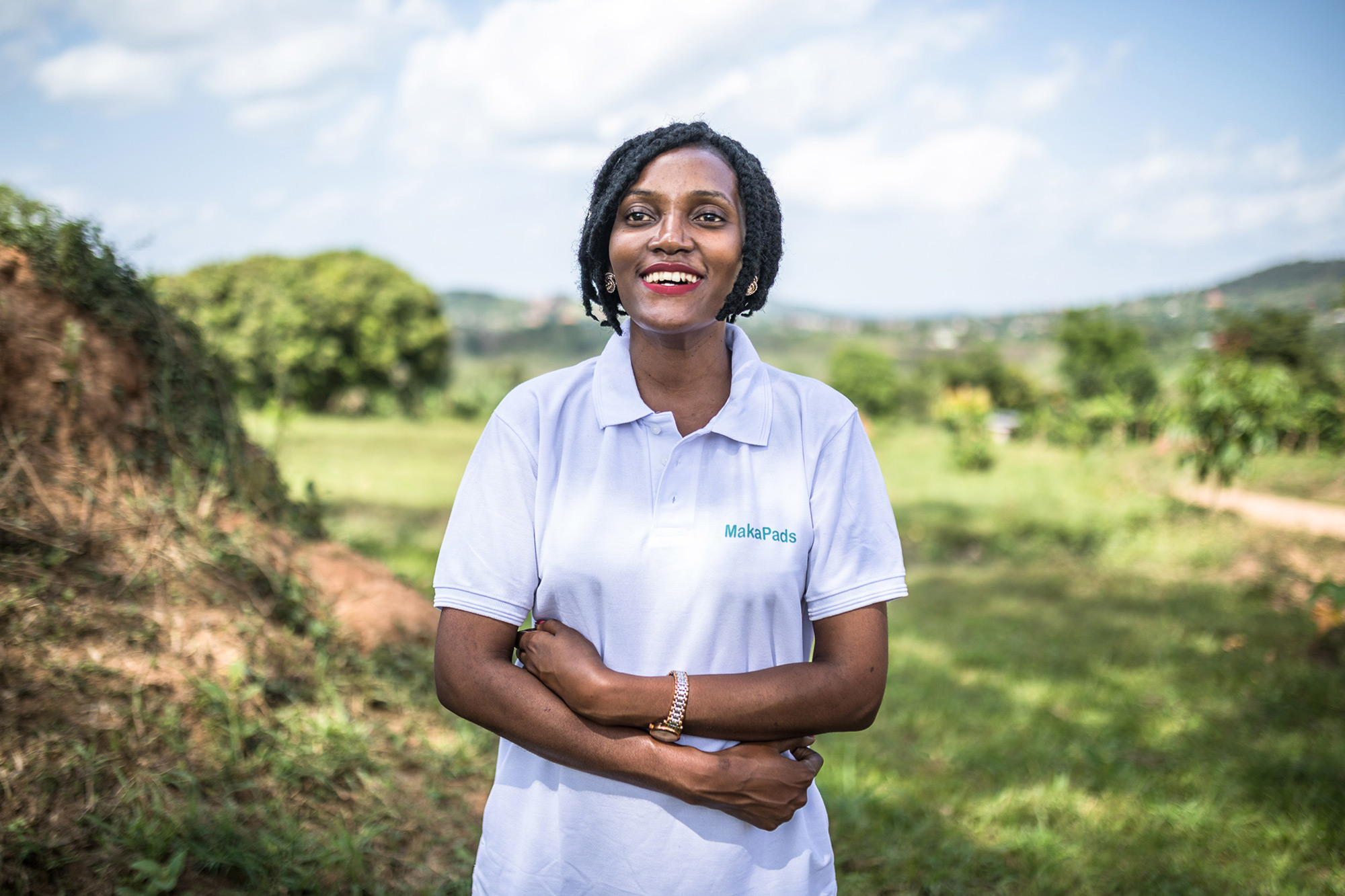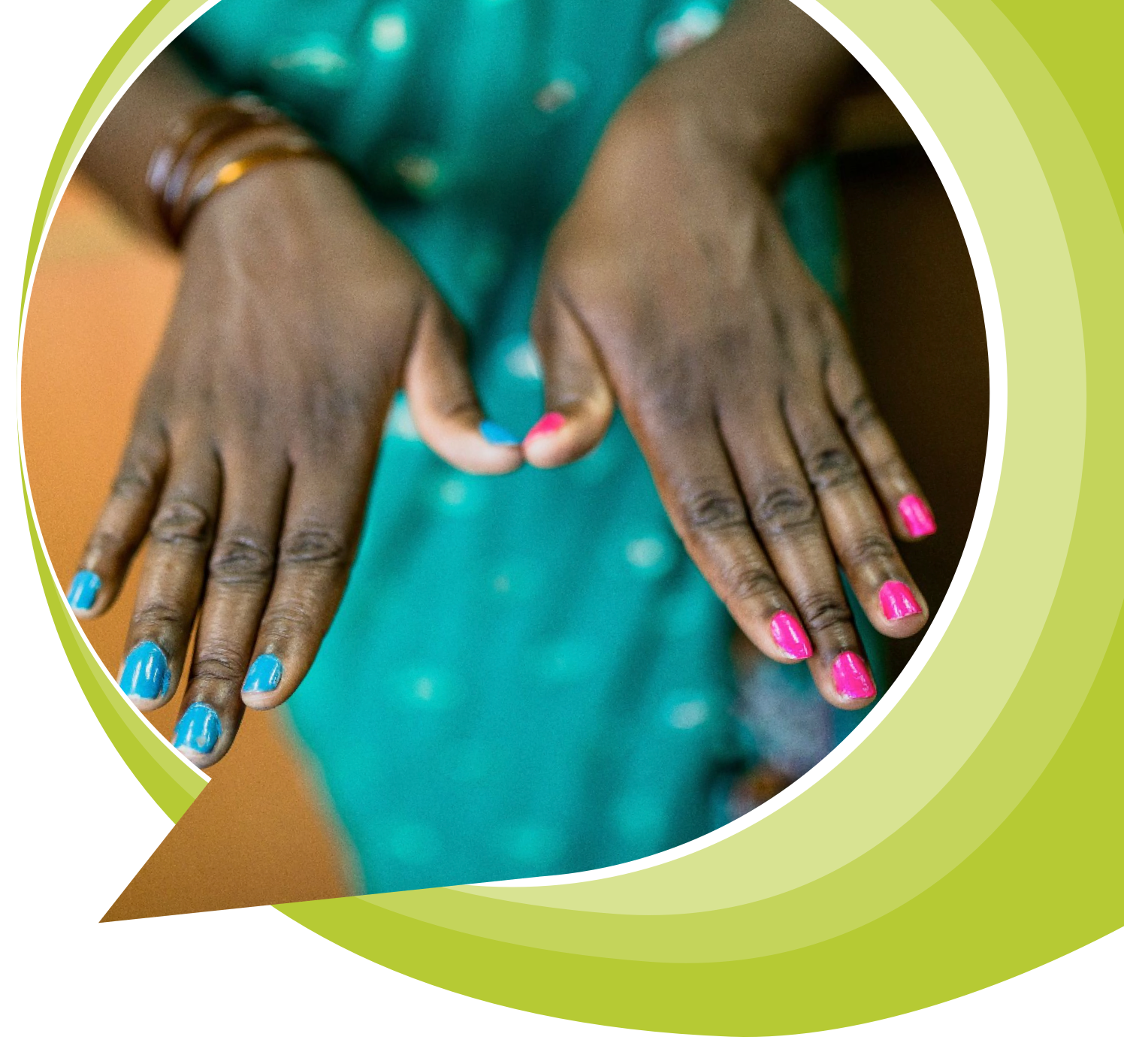
For gender equality
Bodily autonomy is a key aim of our educational work. Girls and young women, in particular, are often unable to decide for themselves if, when, with whom and how many children they want to have in order to take control of their lives. The path to greater gender equality is through sexual and reproductive self-determination. This is why access to sexuality education, unbiased and age-appropriate discourse on sexuality and contraception, and basic education are so important for young people, regardless of their gender.
Any form of gender-based violence – such as female genital mutilation – is a blatant violation of human rights and also prevents respectful relationships based on equality. Young men must also be involved in educational work, so that they do not feel they are losing power and but instead they gain social and emotional participation. The social and political participation of girls and women is a key to sustainable population development.
The background
25 per cent of women worldwide suffer from coercion and violence
The many forms of structural discrimination faced by girls and women contribute to them having children earlier and in larger numbers than they would like. This very often goes hand in hand with sexualised violence and heteronomy: harmful practices such as female genital mutilation, early marriage and teenage pregnancy lead to far-reaching trauma and long-term health consequences.
1 in every 5 girls is married before the age of 18
Despite legal provisions, girls in the world’s poorest countries are often married off very early for economic reasons and then drop out of school. As a result, many young women are denied the right to secondary education and sexuality education that would enable them to make self-determined decisions about their own bodies, sexuality and the number of children they want to have. Sexualised violence and poverty contribute to the discrimination and social exclusion of young women. It is therefore essential to analyse living conditions in a gender-sensitive way and to rethink society.
132 million school-age girls are not in school
Primary education for girls has improved considerably in recent decades – but every time a crisis hits, this right is called into question. Too few young women have access to secondary and later higher education. This is often due to poverty and early motherhood. According to UNESCO’s World Education Report 2020, around 132 million girls of school age are still out of school.
257 million* women worldwide have an unmet need for modern contraceptives
One in four women of reproductive age are unable to decide for themselves if, when, with whom and how many children to have. They do not want to get pregnant, but have no means of modern contraception. According to a 2018 study by the Guttmacher Institute, 24 percent of women of reproductive age in sub-Saharan Africa have an unmet need for modern contraception. In West Africa, the figure is 36 percent.
Women earn 16 per cent less than men for work of equal value
The gender pay gap refers to the difference in average earnings between men and women for work of equal value. According to the World Economic Forum 2021, women earn on average around 16 percent less than men worldwide. The reasons for this are women’s bargaining power, more part-time work and non-transparent pay structures.
* These figures are based on our sources but are estimates due to the difficulty of collecting empirical data.
Our approaches
Equality is a human right. A just society in which all people have equal rights and opportunities, regardless of gender, gender identity or sexual orientation, is essential for sustainable development and a peaceful world. In many regions of sub-Saharan Africa, traditional and patriarchal structures still severely restrict these rights, especially for girls and women. Empowering them and giving them the opportunity to shape their families and lives is key to sustainable social and demographic development.
Bodily Autonomy
In our projects, we aim to provide age-appropriate sexuality education as early as possible, also involving teachers and parents. We provide access to appropriate contraceptive methods and youth-friendly health services.
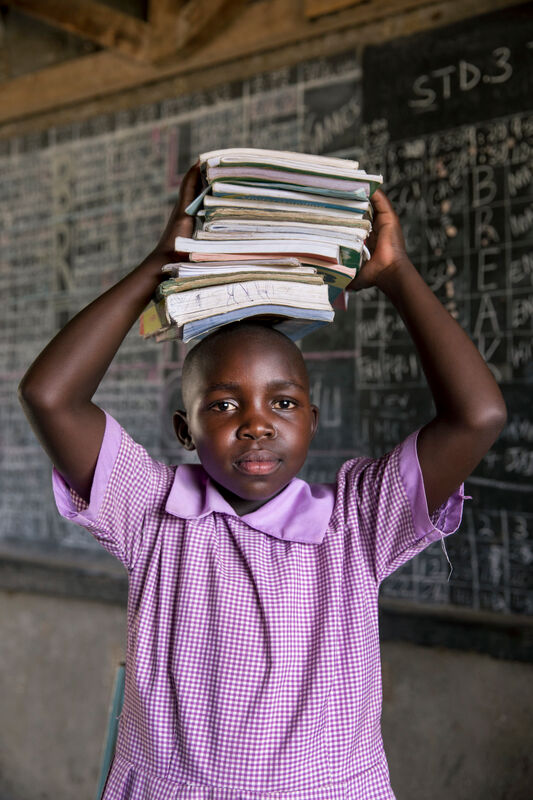
Social rethinking
We campaign against harmful, traditional practices such as female genital mutilation and early marriage. We also involve religious and political leaders in this work and try to demonstrate alternative rituals. The youth clubs supported by DSW teach young men and women how to live and work together as equals.
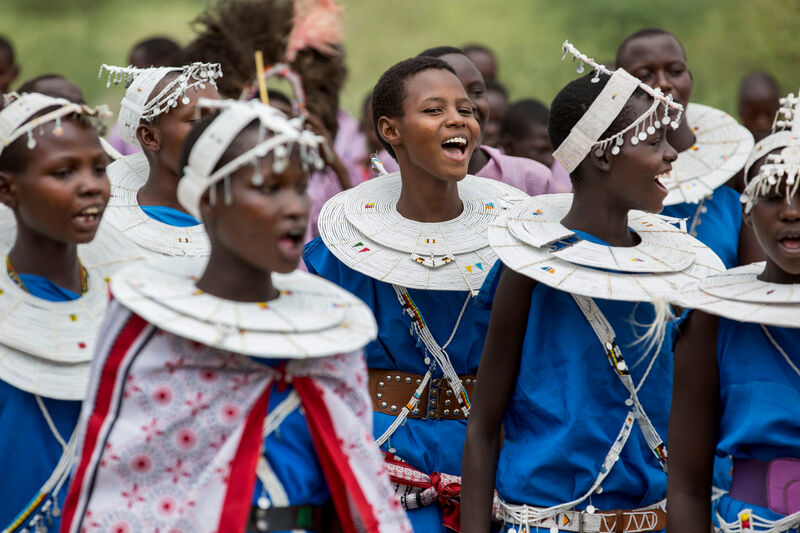
Adequate education
We are committed to ensuring that girls, like boys, have the right to a complete education, further training and the opportunity for fair employment. This includes providing menstrual hygiene products so that girls do not miss school, and preventing teenage pregnancy, which often leads to girls dropping out of school. In the Youth Empowerment Centres (YECs) we support, we also offer short courses and training in handicrafts and entrepreneurship.

Political participation
We empower young people, particularly young women, to advocate for their interests in political and social institutions. We actively engage them in our political initiatives, both at the local level and in Berlin and Brussels.
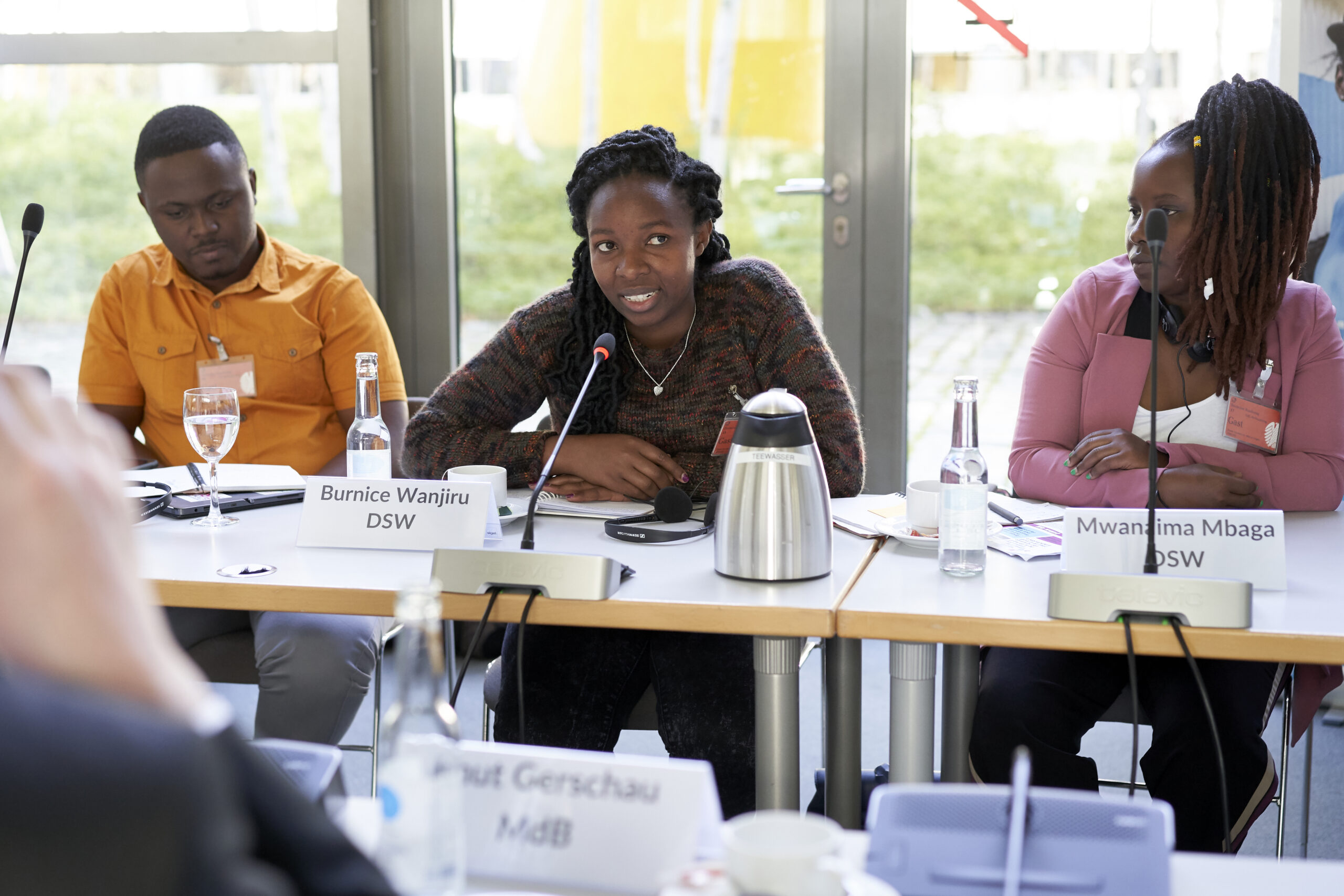
Support us
Donate online – make a difference on the ground. Support our projects and political work for self determination and gender equality for girls in East Africa with your donation.

